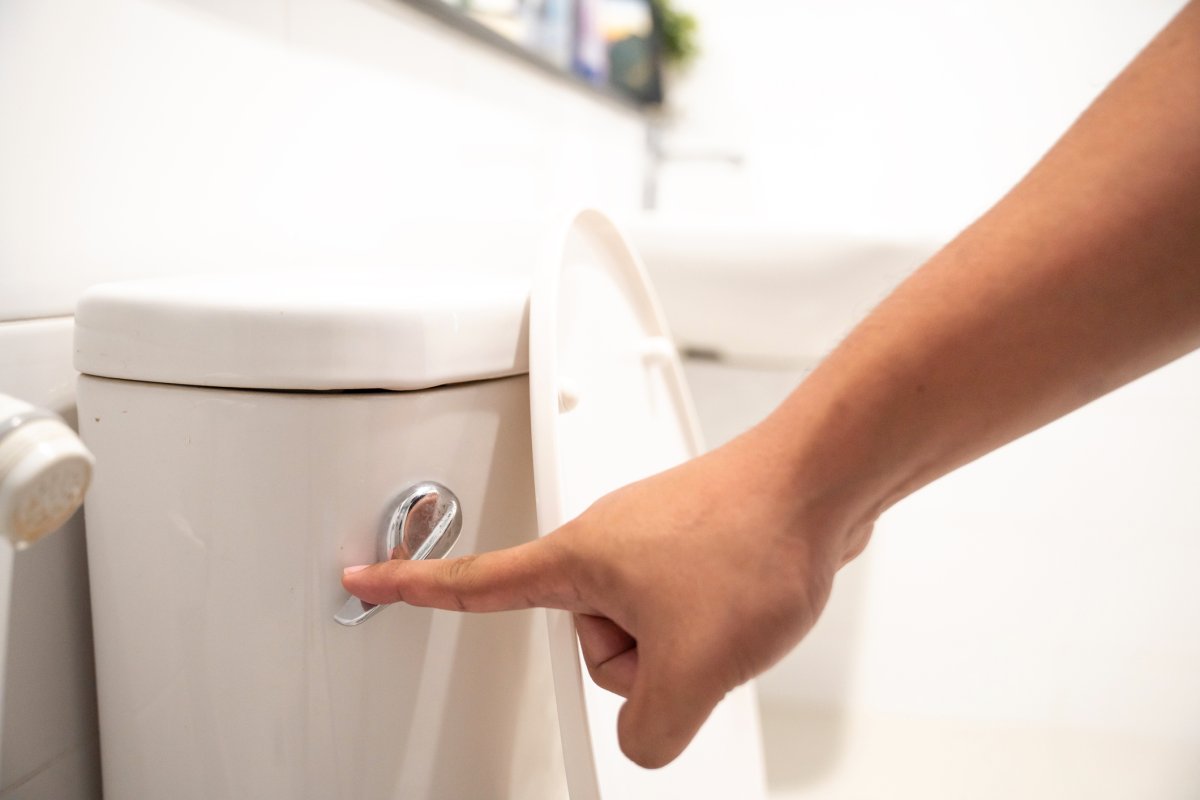With the increase in the number of Londoners at home and a shortage of toilet paper, the City of London is reminding people about what can and can’t be flushed.

Barry Orr, a sewage outreach and control inspector with the City of London, tells Global News that they only want to see human waste and toilet paper being flushed.
The concern is if people flush other things down the toilet, like wipes, medicine, or toys, it could cause pipes to get backed up — and that, Orr said, could get messy for homeowners.
“Our homes are safe places to be right now and you need to invite a plumber into that and you might not even be able to get a plumber right now.”
https://platform.twitter.com/widgets.js
He is urging Londoners to make sure there is a garbage can in every washroom and is inviting Londoners to participate in the toilet flush challenge. This challenge is not to be confused with the toilet licking challenge on social media which he strongly urges against.
“Put a person on every toilet, then do a countdown, and everyone flushes the toilet at the same time, and it will help push stuff out of our system.”
Orr is also suggesting that to help kids understand, parents could do a science experiment — putting a wipe in a jar of water and shaking it up to see what happens.
“Remember, toilets aren’t a garbage can. Please be safe.”
Questions about COVID-19? Here are some things you need to know:
Health officials caution against all international travel. Returning travellers are asked to self-isolate for 14 days in case they develop symptoms and to prevent spreading the virus to others.
Symptoms can include fever, cough and difficulty breathing — very similar to a cold or flu. Some people can develop a more severe illness. People most at risk of this include older adults and people with severe chronic medical conditions like heart, lung or kidney disease. If you develop symptoms, contact public health authorities.
To prevent the virus from spreading, experts recommend frequent handwashing and coughing into your sleeve. They also recommend minimizing contact with others, staying home as much as possible and maintaining a distance of two metres from other people if you go out.
For full COVID-19 coverage from Global News, click here.
- Budget 2024 failed to spark ‘political reboot’ for Liberals, polling suggests
- Train goes up in flames while rolling through London, Ont. Here’s what we know
- Peel police chief met Sri Lankan officer a court says ‘participated’ in torture
- Wrong remains sent to ‘exhausted’ Canadian family after death on Cuba vacation












Comments